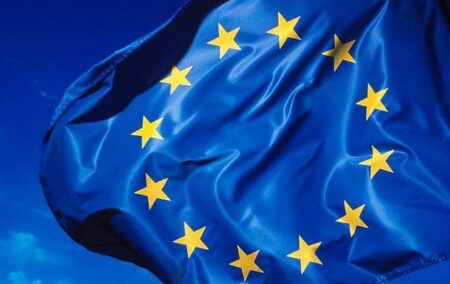The European Parliament has ratified the Trade and Co-operation Agreement (TCA) governing post-Brexit trade relations between the United Kingdom and the European Union.
According to the BBC, this is a key move to ensure that tariff-and quota-free trade continues.
The TCA has been operating provisionally since January.
The report notes that the TCA covers trade in goods, but not services, and that the UK economy is dominated by services, in sectors such as banking, insurance, advertising and legal advice. Among the areas not covered by the deal are foreign policy, financial services and student exchanges.
When the agreement was forged in December, British Prime Minister Boris Johnson said ‘we have taken back control of our laws and our destiny’, and described the TCA as ‘a deal which will if anything allow our companies and our exporters to do even more business with our European friends’.
The BBC points out that Brexit tensions remain, including a French threat of ‘reprisals’ against the UK over new fishing restrictions, and that Northern Ireland trade is also a thorny issue.
Under a separate protocol, Northern Ireland remains de facto part of the EU’s single market, so goods arriving there from Britain have to undergo EU checks. Since Brexit there has been some disruption to that trade.
The report notes that the TCA has still resulted in more paperwork, extra costs and less trade between the two sides, since the UK left the EU.

